In a recent legal case that has garnered widespread attention, a family is taking legal action against an airline following a disturbing incident involving the sexual assault of a 13-year-old girl during a Delta flight. The lawsuit, initially filed in state court and later escalated to federal court, accuses the airline of negligence in handling the situation.
The incident occurred on a red-eye flight from Los Angeles to Orlando, where the young victim, identified as Z.B., was seated separately from her family. She found herself positioned between a fellow passenger and the alleged assailant, a 53-year-old man named Brian Patrick Durning, who was reported to be visibly intoxicated and had a history of alcohol consumption before boarding the flight.
During the flight, when most passengers were asleep and the cabin lights were dimmed, Durning allegedly began assaulting the teenager, engaging in inappropriate and alarming behavior that included unwanted physical contact and disturbing verbal threats. The victim, who suffers from selective mutism, was unable to call for help, exacerbating the traumatic nature of the situation.
Fortunately, another passenger intervened upon waking up and noticing the misconduct. She promptly switched seats with the victim, informed the flight crew about the assault, and provided critical support to the distressed girl. Despite being made aware of the incident, the lawsuit claims that Delta failed to effectively address the situation, allowing the alleged perpetrator to remain in close proximity to the victim and her family.
The family asserts that Delta’s response was inadequate and that the airline did not take sufficient measures to protect the victim and other passengers from further harm. The failure to restrain the accused individual and prevent additional harassment has raised serious concerns about the airline’s commitment to passenger safety and well-being.
This case underscores the importance of robust protocols and training for airline staff to handle sensitive and potentially dangerous situations effectively. The legal proceedings seek to hold Delta accountable for its alleged shortcomings in responding to the distressing incident and to highlight the need for improved passenger protection measures in the aviation industry.
As the legal process unfolds, it serves as a stark reminder of the responsibilities that airlines bear in ensuring the safety and security of all passengers aboard their flights. The outcome of this case may have far-reaching implications for airline policies and practices concerning passenger safety and response to in-flight emergencies. Title: Ensuring Passenger Safety: A Call for Accountability in Aviation
In a recent incident aboard a Delta flight, the safety and well-being of passengers were egregiously compromised by the airline’s inadequate response to a disturbing situation. The events that transpired serve as a stark reminder of the importance of prioritizing passenger safety and holding airlines accountable for their duty to protect those in their care.
The incident involved a passenger, referred to as Durning, who engaged in inappropriate and harassing behavior towards a family on the flight. Despite pleas from the family, Delta failed to take decisive action to address the situation, allowing the misconduct to persist throughout the journey.
The family’s ordeal highlights the profound impact such incidents can have on individuals. The young teenager targeted by Durning now grapples with PTSD, experiencing a significant decline in academic performance and social isolation. The ripple effects of the traumatic event extend to the teenager’s family members, underscoring the lasting repercussions of inaction in the face of misconduct.
Subsequent legal proceedings saw Durning convicted and sentenced for his actions, shedding light on the severity of the situation and the need for swift and resolute responses to such incidents. The lawsuit filed against Delta underscores the demand for accountability, seeking restitution for the damages incurred by the affected passengers.
As passengers, we entrust airlines with our safety and well-being when we board their aircraft. It is imperative that airlines uphold their responsibility to ensure a secure and comfortable travel environment for all passengers. Instances of misconduct and harassment must be met with swift and decisive action to protect the integrity of the flying experience.
Moving forward, it is crucial for airlines to prioritize passenger safety, implement robust protocols for handling misconduct, and foster a culture of accountability within the aviation industry. By standing firm against unlawful behavior and prioritizing the well-being of passengers, airlines can uphold their commitment to safety and regain the trust of the flying public.
The events that unfolded on the Delta flight serve as a poignant reminder of the need for vigilance and proactive measures to safeguard passengers from harm. As we navigate the skies, let us collectively advocate for a travel experience that prioritizes safety, respect, and accountability at every step of the journey.
Related stories:
Catch up on the top stories and travel deals by subscribing to our newsletter!

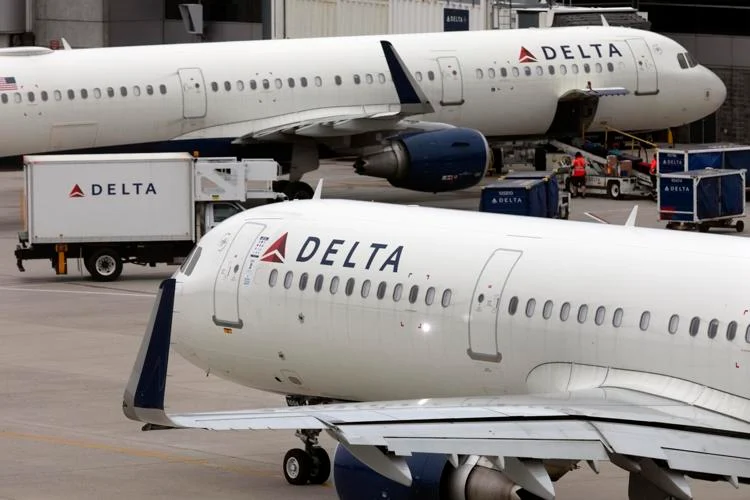


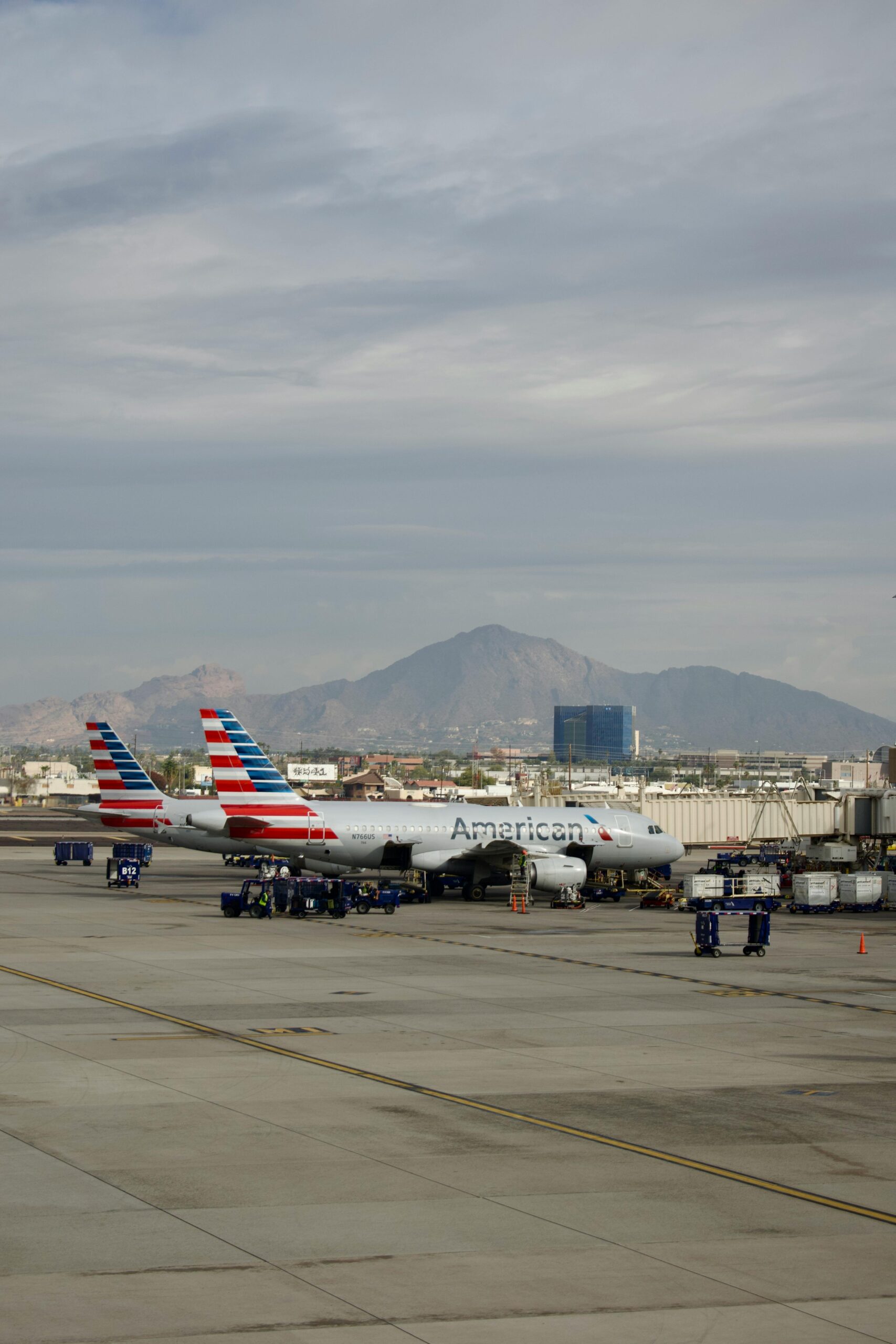
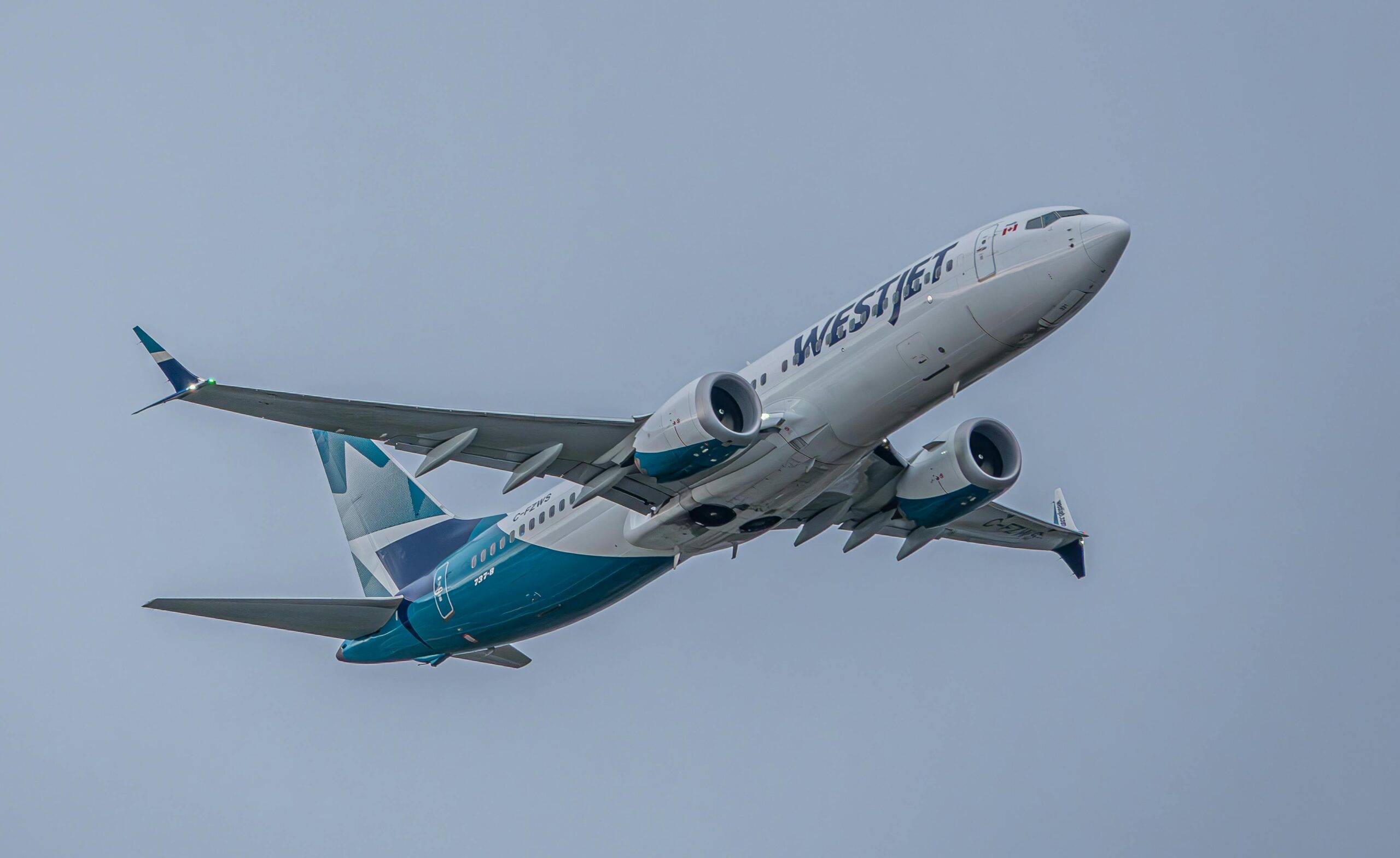
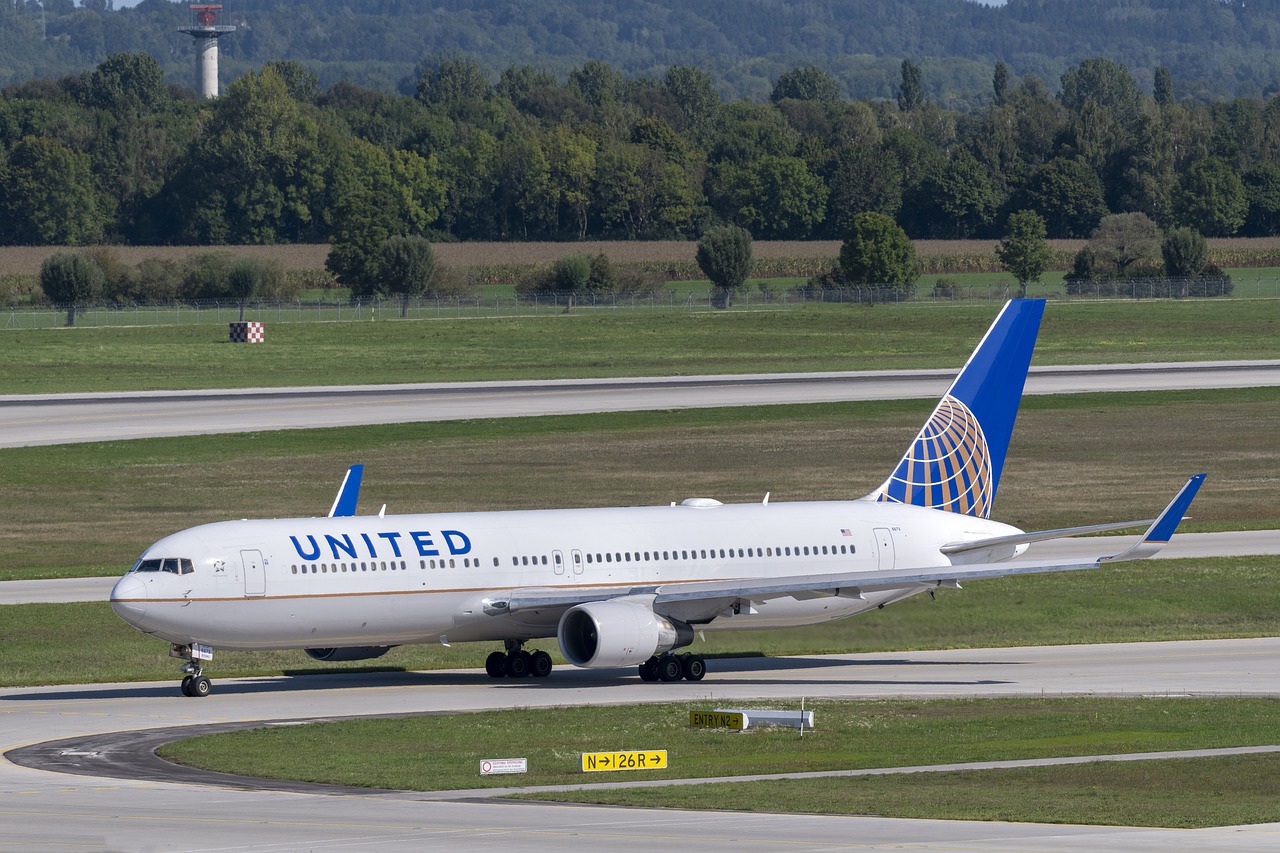
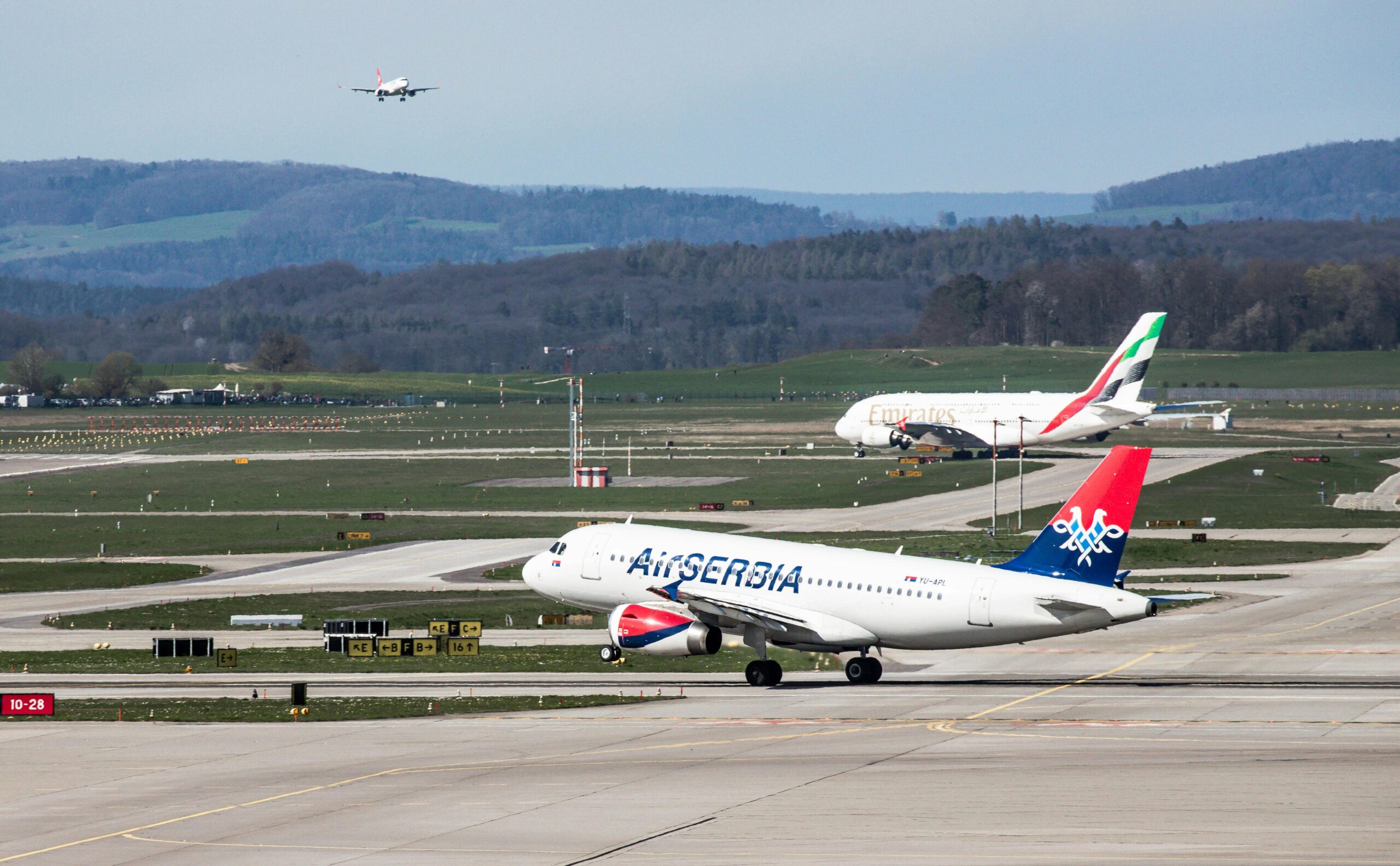




Leave a Reply